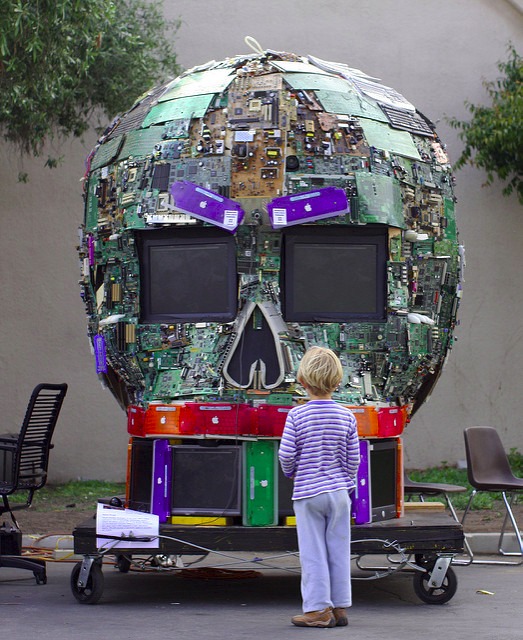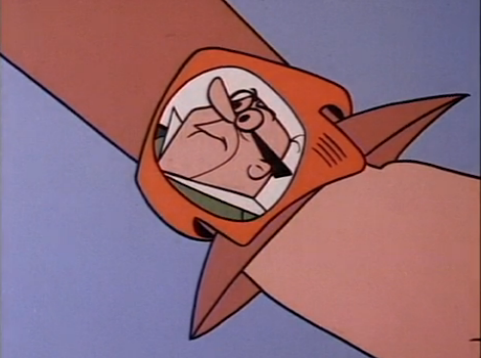Monetizing Your Privacy

Data is money. People are using your data to make money. What if you could sell, rather than give away, your private data? Is it possible that some day your data might be more valuable than the thing that is supplying your data?
John Ellis deals with big data and how it may change business models. He was Ford Motor Company’s global technologist and head of the Ford Developer Program, so cars are the starting place for the book, but beyond transportation, insurance, telecommunications, government and home building are all addressed. His book, The Zero Dollar Car: How the Revolution in Big Data will Change Your Life, is not as much about protecting our data as users, as it is about taking ownership of it. In essence, he is suggesting that users may be able to "sell" their data to companies (including data collectors such as Google) in exchange for free or reduced cost services or things.
I'm not convinced this will lead to a free/zero dollar car, but the idea is interesting. You are already allowing companies to use your data when you use a browser, shop at a website, use GPS on your phone or in a car device. The growth of the Internet of Things (IoT) means that your home thermostat, refrigerator, television and other devices are also supplying your personal data to companies. And many companies, Google, Apple and Amazon are prime examples, use your data to make money. Of course, this is also why Google can offer you free tools and services like Gmail, Documents etc.
Ellis talks about a car that pays for itself with your use and data, but the book could also be the Zero Dollar House or maybe an apartment. Big technology companies already profit from the sale of this kind of information. Shouldn't we have that option?
Duly noted: the data we supply also helps us. Your GPS or maps program uses your route and speed to calculate traffic patterns and reroute or notify you. The health data that your Apple watch or fitness band uploads can help you be healthier, and in aggregate it can help the general population too.
I remember years ago when Google began to predict flu outbreaks in geographic areas based on searches for flu-related terms. If all the cars on the road were Net-enabled and someone was monitoring the ambient temperature and their use of windshield wipers, what could be done with that data? What does an ambient temperature of 28 F degrees and heavy wiper use by cars in Buffalo, New York indicate? Snowstorm. Thousands or millions of roaming weather stations. And that data would be very useful to weather services and companies (like airlines and shipping companies) that rely on weather data - and are willing to pay for that data.
Am I saying that you should give up your privacy for money or services? No, but you should have that option - and the option to keep all your data private.



 Two years ago, I wrote about the prediction that
Two years ago, I wrote about the prediction that 